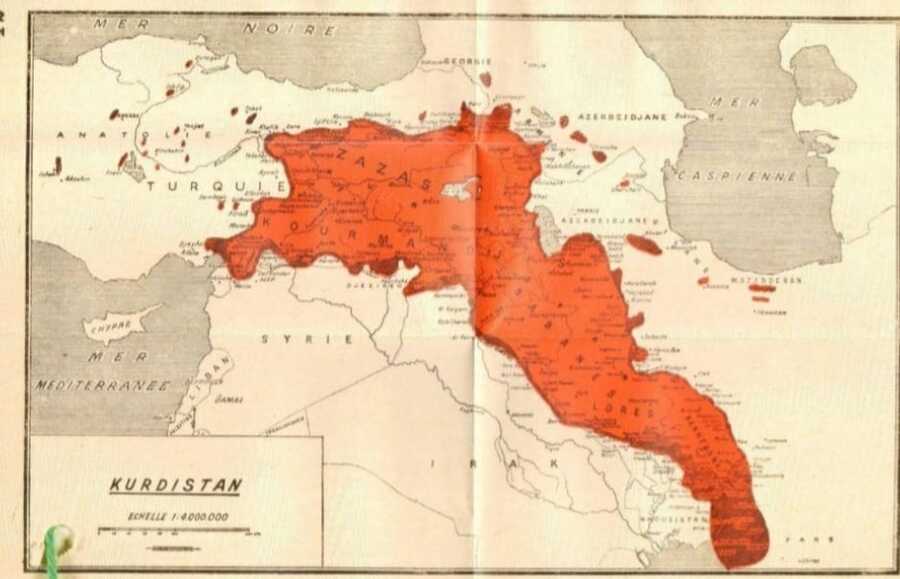Kurdish history that is writing history that is about the Kurds dates back to the end of the sixteenth century and Sharaf Khan Badlisi. If it is compared to its contemporary sorts of history like Turkish, Persian, and Arabic discourses, we can say that this book was a scarce or even unique text. Sharaf Khan's book is indeed written in Persian language about the Kurdish politicians and authorities, however, we cannot ignore or forget the scientific, socialistic, and psychological preface that Sharaf Khan has written for this book about Kurdish society. Undoubtedly, Sharafnameh's preface is the beginning of a serious and scientific study of the Kurdish society that could be the beginning of a scientific and analytic tradition in viewing Kurdish history; unfortunately, it was forgotten very soon and it did not receive attention but rather was considered the least by the writer of "A Summary of Kurds and Kurdistan's History".
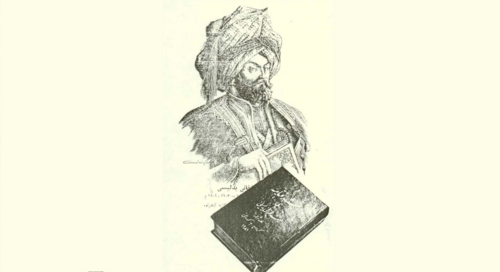
Sharaf Khan Badlisi
The process of Kurdish history writing after Sharaf Khan, not only was cut off for several centuries but even collapsed. For example, two hundred years after Sharaf Khan, Kurdish history writing began again by the historians belonging to Ardalan authority but this time it was intended to develop regionalism and honor the political figures of the Ardalan dynasty and marginalized the ordinary people; this led to Kurdish history writing to underemphasize the tradition of writing history that is, only narrating the political events based on authority-center perspective; in other words, the history was limited to the authorities and regionalism while at that time modern and national historians of Arabic, Turkish and Persian discourses were appearing.
In general, the history of the Ardalan era, apart from some positive points, was the continuation of the same tradition of recording events and even for a while it repeatedly re-emphasizing regionalism and political history thus, in the East part of Kurdistan, such a tradition in writing history did not allow the Kurdistan-oriented history writing to emerge and the beginning of Kurdistan-oriented history writing was transferred to the South part of Kurdistan although it was influenced by Istanbul.
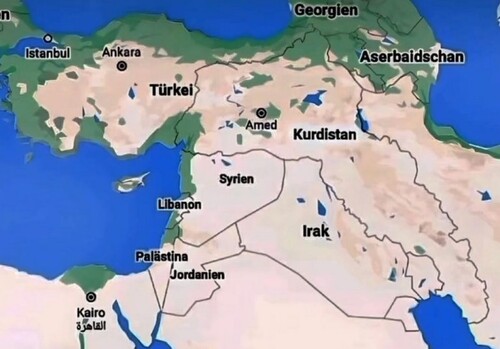
Perhaps we could say that Istanbul was the first eastern and Islamic center that had changed in cultural, political, and social aspects due to being close to the Western world and the voice of modernism in its western form emerged in this city for the first time. Since a large part of Kurdish land was controlled by the Ottoman Empire and because some Kurdish prominent figures had high ranks in the Ottoman authority and most importantly the invitation of Kurdish leaders to settle down and to be supervised and opening of the first tribal school by Sultan Abdul Hamid II (1876- 1909) in 1892 for political purposes and taming them and educating Kurdish leaders' children under the Ottoman supervision made Istanbul the main center of modern thinking, seeking social rights and change for Kurdish people. From this point, "many Kurds from different regions and parts of Kurdistan came to Istanbul, they set their tribal and regional identities aside and began to search for their ethnical origins and national identity. During these years, the science of recording history was developing among Kurdish people especially the publication of Kurdish quarterlies in this field have played a great role" (Ala Kom, 85: 2005). So, Istanbul became the center of modernism and the rights of Kurdish students and politicians and the first scholars, journalists, and politicians of Kurdistan and Kurdish councils began to appear in this city. Among all these, i.e., amongst the process of modernism, two concepts of nation and land changed dramatically. This goes back to the end of the 19th century and the beginning of the 20th century.
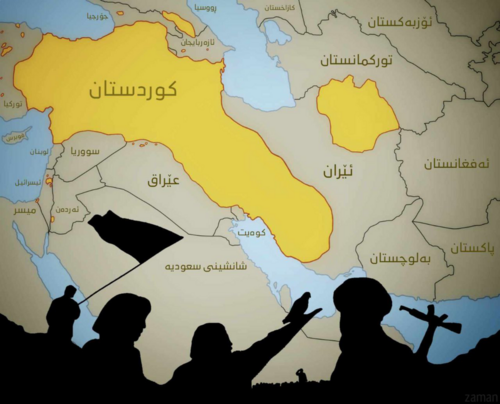
At the end of the 19th century and the beginning of the 20th century, Istanbul was encouraging attempts to think about identity, ethnicity, and nationalism. Obviously, the history field was the main background for finding identity, nation-building, and awareness; thus, at that time, viewing history underwent a great change that is, it shifted from indicating the holy victories of authorities and kings and narrating the political events and God's will to discussing people, revival of past symbols, and emphasizing on prolonged national will changed greatly.
Previously, the literature or discourse of the East especially the Muslim East, had given the nation and concept of nationalism a religious meaning and the nation included the followers of Islam, so every Muslim had to identify themselves as a part of the Islamic Omat (nation). After getting to know and getting closer to the modern West and the tendency to establish the unit of state-nation among the nations who were under the Ottoman authority and also the emergence of new identity via the development of the modern phenomenon of Nationalism, the nation's identity changed completely and it transformed from the religious identity to humans and their ethnics identity which was known as a western nation. The new Kurdish discourse, which can be introduced by Haji Qader Koyi as the pioneer of this discourse, developed, and in other words the collocation of "Kurdish Nation" appeared. Later, this discourse evolved in the Kurdistan newspaper, in Piramerd and other poets' work, and in the circle of Kurdish elites.
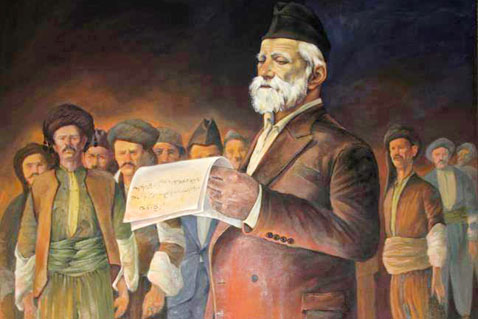
Piramerd
The nation lasts, but the others won't/ from Jaffi to Gorani (Haji Qader Koyi, 1986: 216)
Those who made their land into a state/ nation will worship it like an idol (Haji Qader Koyi, 1986: 260)
I would like to awaken the civilians that our fire is not used for worshiping idols but is used to show the beginning of our new year so that our nation's path will be lightened (Piramerd, 2009: 83)
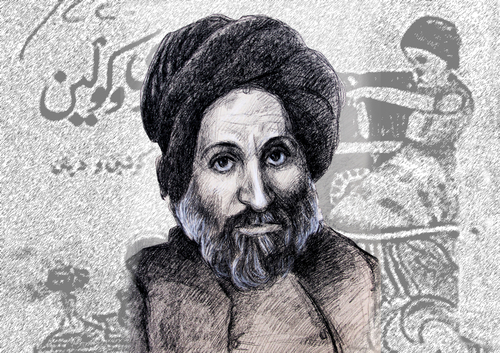
Hozni Mukeryani
After national awareness was raised by some educated figures and journalists living in Istanbul, some people one of whom was Huzni Mukeryani, Amin Zaki Bag, began to write about Kurdistan-oriented history as a nation-building phenomenon, and they looked at it as a national awareness field. In 1925, Huzni Mukeryani began to write the first Kurdish-oriented history book titled "Spring Blossom". By doing so, Huzni began to rebuild the past and collect the common myths among the Iranian nations, he also did other forms of nation-building activities via writing history. Huzni was well aware of the importance of history in building a nation: "History raises people's honor and sensitivity. It will help people to step forward through a safe path towards freedom and independence" (Huzni, 2007: 58). Thus, he began to write Kurdish-oriented history.

